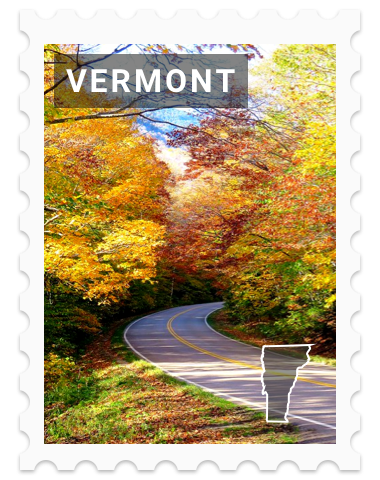Vermont's history is a compelling story of rugged independence, progressive ideals, and picturesque landscapes. Originally settled by the French in the early 17th century, it later became a British colony. Vermonters' fierce determination for self-governance led to the creation of the independent Vermont Republic in 1777, making it a unique entity in American history.
During the American Revolution, Vermont played a crucial role in battles like Bennington, where American forces secured a vital victory. In 1791, Vermont became the 14th state to join the Union, known for its abolitionist stance and the first state to outlaw slavery through its constitution.
In the 19th century, Vermont was a hub for industries like lumber and marble, which shaped its economic landscape. It was also the birthplace of President Calvin Coolidge, who symbolized Vermont's conservative yet forward-thinking spirit.
Today, Vermont's historical landmarks, from covered bridges to preserved colonial villages, offer a glimpse into its storied past. The state's commitment to environmental conservation and its picturesque natural beauty continue to make it an appealing destination for historians and travelers alike.
Source ChatGPT


XP EARNED OUT OF 400
Major Airport
Burlington International Airport

Elevation
102 m
Opened
1920
Runways
2




